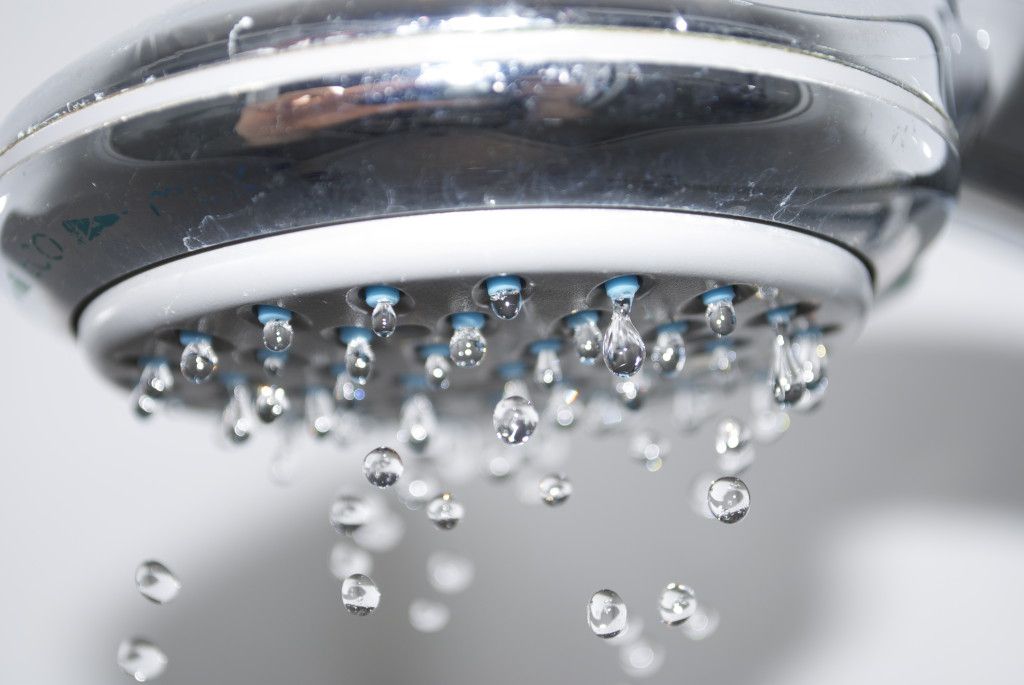Natural stone showers are aesthetically very pleasant to the eye. However, they are tricky to maintain due to their very nature. Based on the type of stone, they all behave differently when in contact with water and steam. Nonetheless, one thing will happen with all of them – mold will grow, and you will have to think up of a way to effectively clean it and prevent it from growing again. Here are some hints that can help you in this task.
Prevention
The smartest solution for natural stone shower tiles would be to have them impregnated and sealed after you have purchased them. The next step is to keep them clean after each shower or bath to prevent the creation of mold and mildew. However, in real life, we often do not have time to clean it after each shower, especially when in rush, so it would be best if you dedicated one day to cleaning it. Here are some tips for cleaning your shower on a regular basis.
Cleaning Products
It would be best to always use a clean rag or mop, and clean it with a neutral cleaner which is specially made for that type of natural stone. If you decide to use some home products for cleaning, be careful! In a recent conversation with reputed suppliers of stone tiles, it was brought to my attention that products which contain lemon, vinegar or other types of acids may damage or etch the stone. You should also pay attention to the labels and check what he product was made of. Basic or alkaline products are a better option since they tend not to damage the already sensitive natural stone surfaces.
Test drive
After you have decided on the product, you must perform a test. Use a small amount of the preferred cleaning agent on a small surface (it would be best if you had a piece of tile so that you can perform the experiment on it), and see what happens. If it starts damaging it or causing an aggressive chemical reaction, then abort the mission and change the ingredients. The last thing you need are damaged tiles and an entire shower makeover. Before you start cleaning, turn the hot water on, close the door and let the steam loosen the mold.
Getting Down to Work
Protect the surrounding surfaces from spouting, especially if using a spray cleaner. Follow the instructions from the label, apply the product and if it is required to leave it do its own business for some time, never leave it longer than prescribed! This may cause irritation and bad chemical reactions.
As a final step, rinse the surfaces you cleaned with warm water. Even though cleaning products today are usually enriched with pleasant smells, cleaning of dirty surfaces will surely cause a certain degree of bad smell. In order to get rid of it during the very process of cleaning, it would be best if you turned the ventilation on. If you do not have it installed, open the window and the door and let fresh air in and finish what you have started.
Once you have that cleaned, take a look at the following cleaning tips that will not take more than 10 minutes of your time.
Lillian Connors is a blogger and home improvement enthusiast ever so keen on doing various DIY projects around her house and passionately writing about them. She is also an online marketing consultant, closely collaborating with a number of companies from all over the globe. You can check her out on G+, Facebook and Twitter.

